PROGRAMME
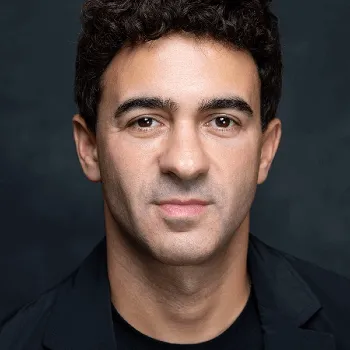
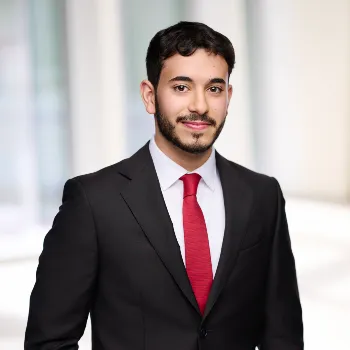
Plenary Sessions
Abundance is often misunderstood as excess. But in economic terms, it’s about expanding capacity to meet society’s needs at scale. This panel will examine how our economic systems must evolve to deliver on that promise. What are the structural barriers that keep abundance out of reach? What kinds of reforms are needed to scale solutions quickly and equitably? And how can we shift mindsets, from managing scarcity to enabling generative, inclusive growth?


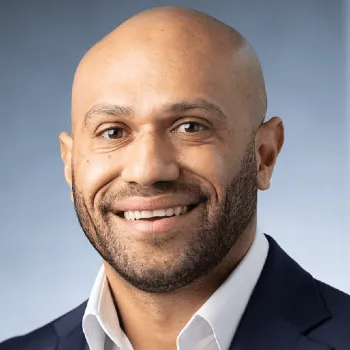
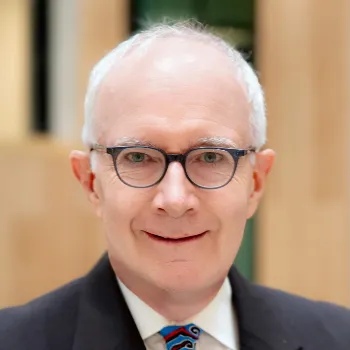
Break
Parallel Panels
Join us for an inspiring exploration of the evolving role of museums, cultural institutions, and the arts in shaping our collective visions of the future. It will examine how storytelling and immersive experiences can foster a mindset of abundance. The session will also delve into the transformative potential of technology in reimagining cultural heritage and artistic expression, with a focus on accessibility and inclusion.

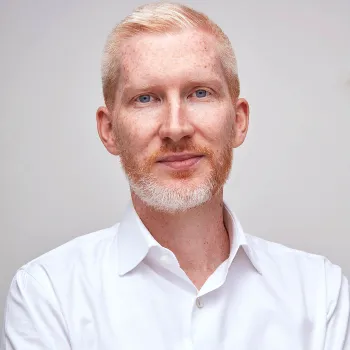
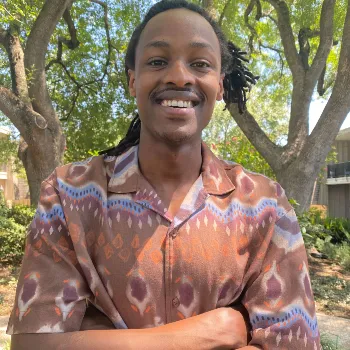
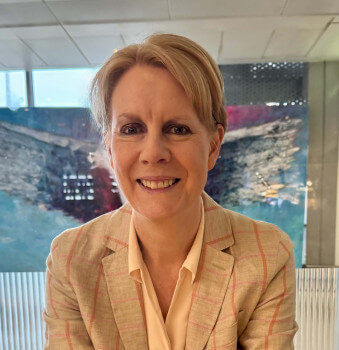
Panel Picker Winner
As the winner of the community panel picker, this discussion will explore the complex tensions at the heart of our digital lives: How can we rebuild public trust in digital systems when the very technologies designed to connect us are also used to divide and manipulate? Exploring what ethical AI development looks like in practice, the discussion will examine who should be held accountable when AI systems cause harm or reinforce bias. As misinformation proliferates, we will also grapple with how to protect free expression while ensuring access to accurate, trustworthy information.
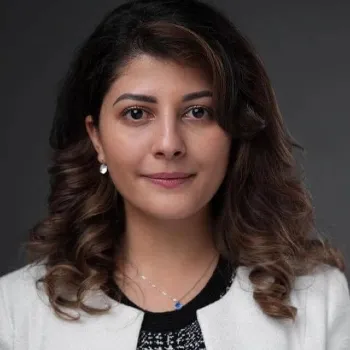



Join an exploration of what it means to move beyond the logic of scarcity toward systems that sustain both people and the planet. This session will delve into the political, economic, and cultural shifts needed to imagine abundance not as endless extraction, but as long-term wellbeing and ecological balance. Together, we’ll examine pioneering examples of climate action that are already redefining what's possible, and unpack the barriers that prevent these bold initiatives from scaling. How can we design a future where prosperity and planetary health go hand in hand?
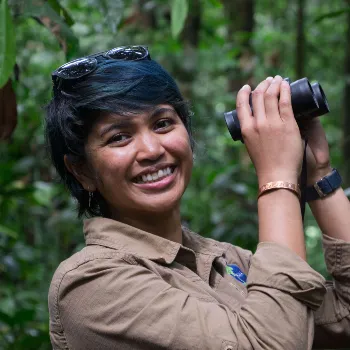
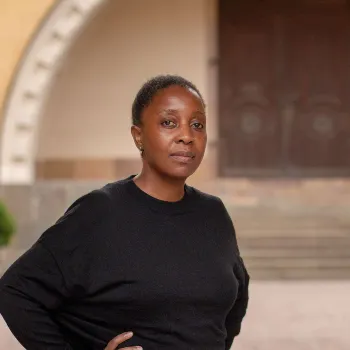
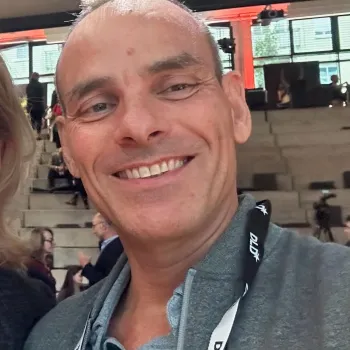

Lunch Break
Glass Pavilion Session
As human and artificial intelligence converge, filmmaker and systems thinker Anand Gandhi draws from Maya, his expansive science-fiction epic and 21st-century mythology (co-created with Zain Memon), to explore how stories steer civilization. Maya serves as a living laboratory where the myths and logics of a non-predatory future are tested, revealing how ethics, technology, and imagination have to co-evolve to build a humane, self-aware, equitable world. Join us for a rich conversation, unveiling MAYA with Anand Gandhi
*Limited spots available*

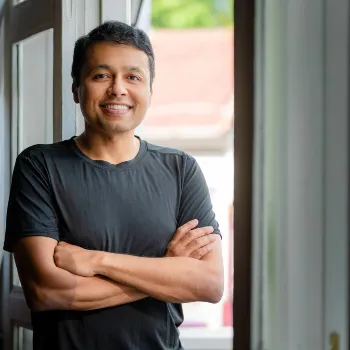
Plenary Sessions
This panel will explore what it takes to design institutions, across government, industry, and civil society, that can navigate uncertainty while enabling ambitious, future-oriented action. At the heart of the conversation is a fundamental question: how can leadership and governance channel abundance toward the public good, rather than private accumulation? This session will also ask who needs to be part of these decisions, and what it takes to foster the trust, accountability, and shared vision necessary to act collectively in shaping a more just and abundant future.



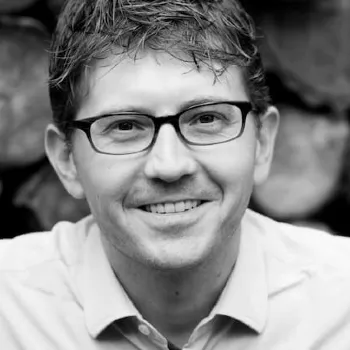
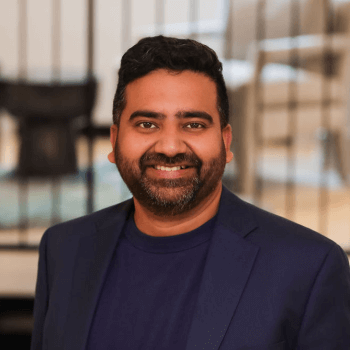
Break
Plenary Sessions
The Kevin Xu Innovation Challenge invites bold, early-stage ideas that use AI to build systems of abundance—reimagining access, opportunity, and well-being in a world too often shaped by scarcity. We have welcomed ideas that use AI to help people make better decisions, have more time to spend on the things that really matter to them, and develop richer relationships with the people and environment around them.
Join us to hear from finalists from the Equitech Futures, Rhodes, Schmidt Science, Rise and Atlantic Fellowship networks who will be presenting their solutions at the Forum, competing for both prize money and the chance to receive feedback and support from a panel of esteemed judges.



Technology & Society: Delivering What Matters
The metrics you choose for measuring an organisation’s performance determine the behaviours of its people and its place in society. In the face of major change, examples are emerging of leaders who are shifting away from traditional ROI metrics towards human-centred measures of success, turning their organisations into more resilient and adaptive forces for good. Lindsay will share these stories, illustrating why an interlock between technology and society is now imperative for everyone’s survival and growth

Concurrently to the main strand of programming, we will be hosting demos in the XR lab! Space for these experiences are limited and require sign up at the registration desk upon arrival.
Sessions at: 11:00 - 11:30; 12:45 - 13:15; 13:15 - 13:45; 14:45 - 15:15
